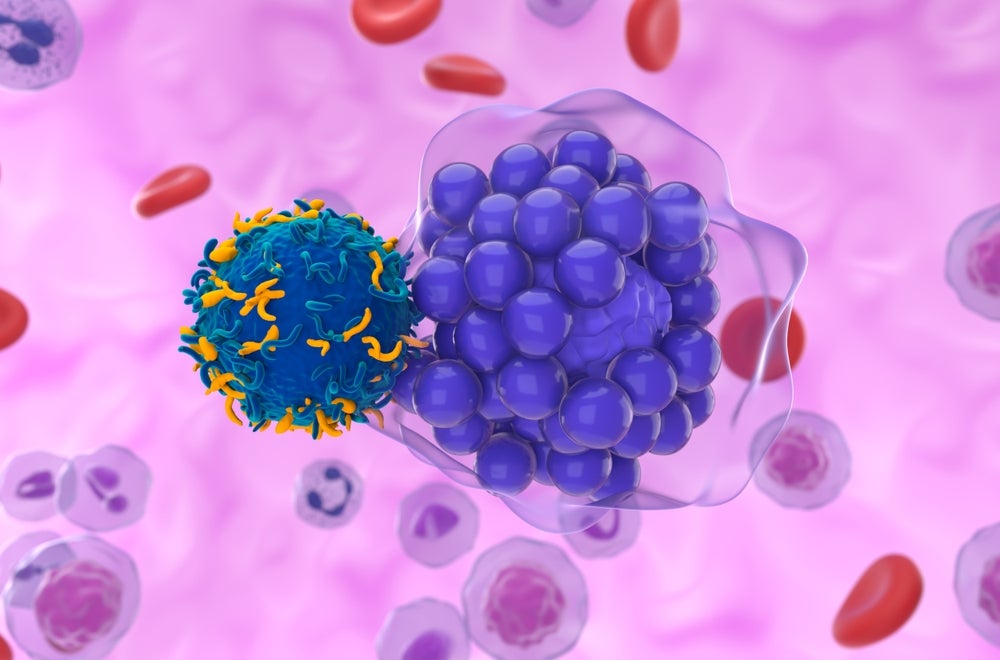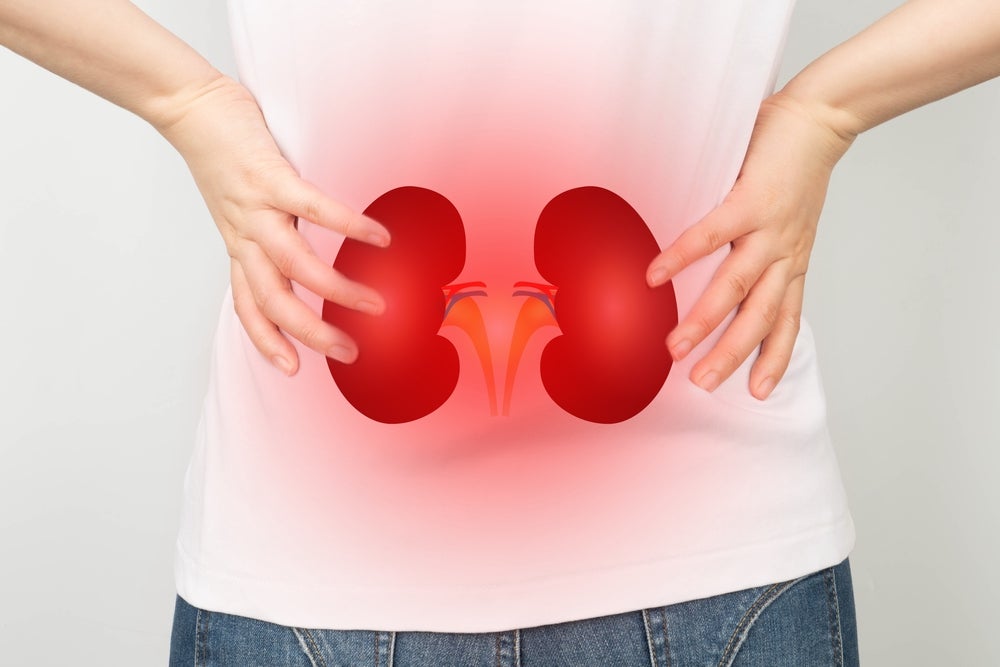STAT+: Pharmalittle: Many employer health plans won’t pay for obesity drugs; FDA panel rejects Intercept NASH drug
A FDA advisory panel voted against approving an investigational treatment from Intercept Pharmaceuticals for treating NASH.

Good morning, everyone, and welcome to another working week. We hope the weekend respite was relaxing and invigorating, because the familiar routine of online meetings, phone calls, and deadlines has predictably returned. But what can you do? The world, such as it is, continues to spin. So to cope, yes, we are brewing cups of stimulation. Our choice so far today is chocolate cappuccino and, as always, we welcome you to join us. Meanwhile, here is the latest menu of tidbits to help you get going. On that note, we hope you have a smashing day and conquer the world. And of course, do keep in touch. …
A U.S. Food and Drug Administration advisory panel voted against approving an investigational treatment from Intercept Pharmaceuticals for treating NASH, a prevalent liver disease with no available medicines, STAT reports. The group voted 12-2, with two abstentions, that the benefits of the medicine did not outweigh its risks, citing serious concerns about fatal drug-related liver damage and uncertainty over whether the modest effects will ultimately improve the lives of NASH patients. The panel voted 15-1 in favor of rejecting an application for an accelerated approval and waiting until the company has gathered data on the effects on long-term patient health.
Novartis dropped some early-stage cancer drugs from its pipeline because Medicare will soon have the ability to negotiate certain drug prices and, as a result, make the medicines no longer worthwhile for the company, Barron’s says. The industry has criticized a provision allowing Medicare to negotiate prices of medicines known as small-molecule drugs nine years after they receive regulatory approval. Novartis chief executive officer Vas Narasimhan said drugs were dropped “in areas where we didn’t think we could do a development plan that would allow us to successfully get the drug in patients, and fully developed across the range of indications within nine years.”
What's Your Reaction?

































